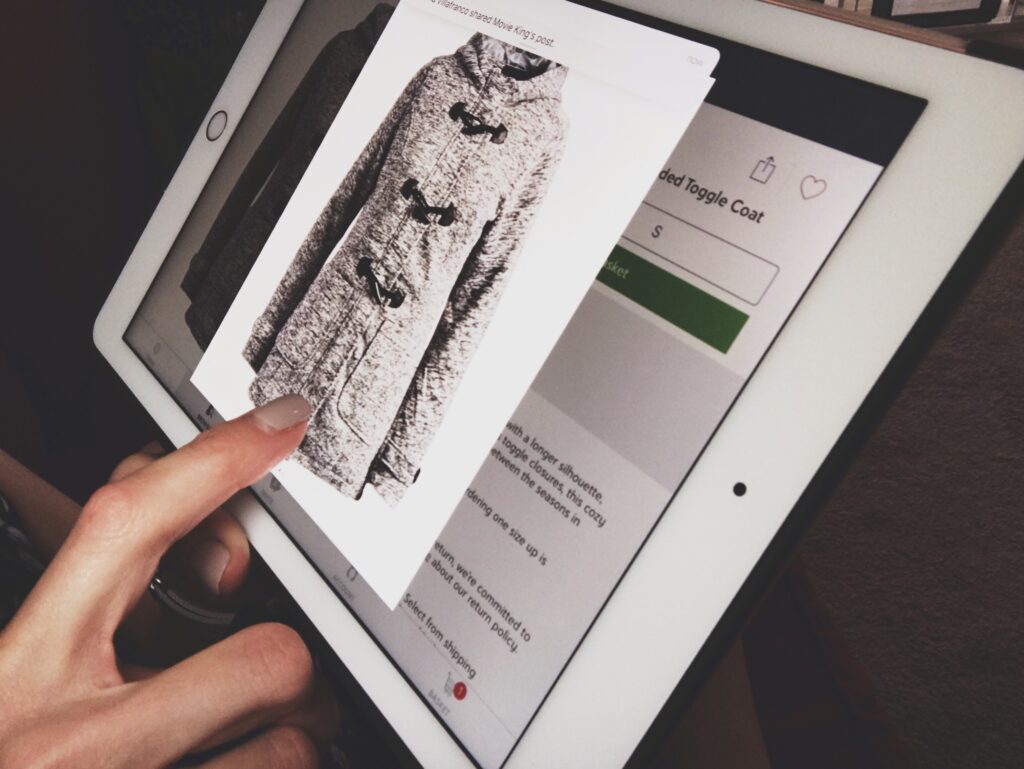Among the many steps required for trademark registration in the United States Patent and Trademark Office (USPTO), entrepreneurs, technology startups, and other brand owners face the task of submitting a trademark specimen to the USPTO. Legally speaking, the USPTO defines trademark specimens as follows:

A specimen is a sample of your trademark as used in commerce . It is real-life evidence of how you are actually using your trademark in the marketplace with the goods or services in your application or registration maintenance filing. It’s what consumers see when they are considering whether to purchase the goods or services you provide in connection with your trademark.
For goods, a specimen shows your trademark as actually used in commerce with your existing goods in a way that directly associates the trademark with the goods. For example, a specimen could be a label or tag attached to your goods that shows your trademark, a product container or packaging showing your trademark on the packaging, or a website displaying your trademark where your goods can be purchased or ordered.
For services, a specimen shows the trademark as actually used in commerce with your existing services in a way that directly associates the trademark with the services. For example, a specimen could be an advertisement, brochure, website printout or other promotional material which shows your trademark used for the services, business signs where the services are rendered showing your trademark, or a service vehicle showing your trademark.
Generally, you should not submit a physical specimen to the USPTO. Trademark filings with us are done electronically. Therefore, what you submit to us typically is a photograph, scanned copy, screen capture, or printout of the physical specimen of use. Screenshots of webpages must show the URL and date you accessed or printed them.
On February 15, 2020, new rules governing trademark filings with the United States Patent and Trademark Office (USPTO) went into effect. Among them is an amendment to 37 C.F.R. §2.56 that imposes heightened standards for trademark specimens submitted as proof of use-in-commerce either with a use-based application or a Statement of Use for an intent-to-use application. Specifically, if an applicant is relying on a webpage printout as its evidence of use, the USPTO now requires that the website URL and date of access be included with the printouts.
New Trademark Specimen Rules

Trademark specimens submitted as proof of use-in-commerce either with a use-based application or a Statement of Use for an intent-to-use application. Specifically, if an applicant is relying on a webpage printout as its evidence of use, the USPTO now requires that the website URL and date of access be included with the printouts.
Screenshots and webpage printouts are commonly used as “displays associated with the goods” for trademarks or examples of advertising for service marks. Although the previous regulations did not address formatting for this type of evidence, subsection (c) of 37 C.F.R. §2.56 now provides, in relevant part:
““…A webpage must include the URL and access or print date. An artist’s rendering, a printer’s proof, a computer illustration, digital image, or similar mockup of how the mark may be displayed, or a photocopy of the drawing required by § 2.51, are not proper specimens.”
The URL and access or print date can be shown directly on the webpage printout itself–anywhere on the page–or within the TEAS form through which the printout is filed. If submitted in a later-filed response, this information must be verified. According to the examination guide published by the USPTO, the rule-change is an effort to account for the “transitory nature of Internet postings.” Requiring that trademark specimens include the URL and date of access will, in theory, enable verification.
If an applicant submits specimens that fail to comply with the updated requirements, the USPTO will likely issue an Office Action rejecting the specimens as evidence of use in commerce, which may slow the rate at which an application matures to registration. Entrepreneurs and other trademark owners should consult with an experienced trademark attorney to evaluate available proof of use and thereby avoid any unnecessary hurdles as their applications move through the federal trademark registration process.

